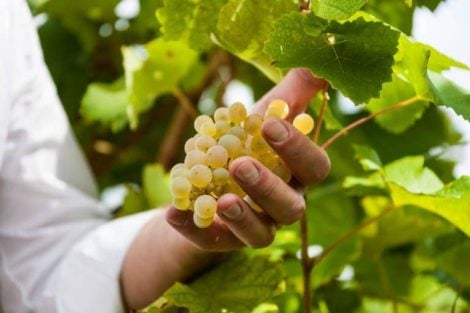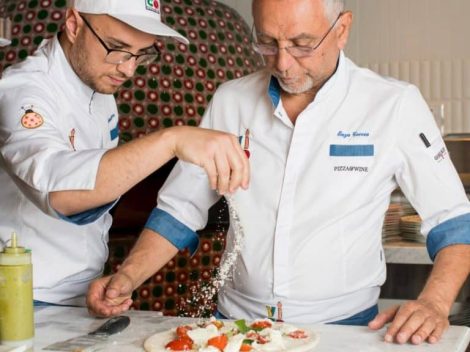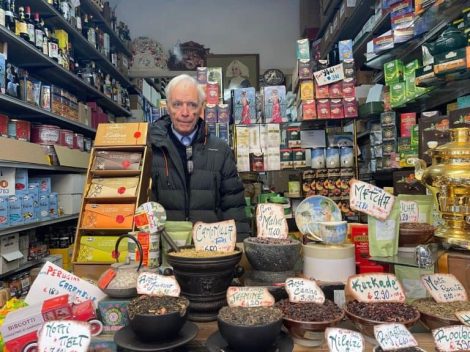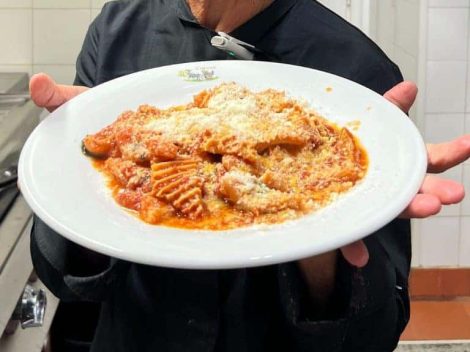Fooditive: sustainable sweetener
Born from scraps of apples and pears this could soon become the sweetener of the future, a product designed as a sugar substitute with zero calorie content. The creation is owed to Dutch company Fooditive, founded by food scientist Moayad Abushokhedim. It was he who created the Fooditive Sweetener - present on the Dutch market since 2018 - a product obtained from fructose present in the fruit leftovers of local farmers. Niche companies supply the production waste, all those spoiled, less appealing fruits that are rejected by supermarkets.
How the Fooditive sweetener is made
The sweetener, therefore, is not only less harmful to our health, but also to the environment, because it's the result of a significant product recovery process. Furthermore, the scarce final production waste is transformed into plant soil. Fructose extraction takes place through a fermentation process with yeast: once filtered and concentrated, the Fooditive Sweetener is calorie-free, and is offered in different versions: there is the powdered version, more suitable for the preparation of jams and candies, the liquid variant is ideal for beverages, and the syrup is perfect for pastry products.
The other Fooditive products
This is furthermore a more sustainable alternative to classic sugar, whose environmental impact is on the contrary quite high due to the intensive cultivation of sugar cane and beets. A better solution than other substitutes present on the market, such as sucralose or aspartame, which are never completely removed from wastewater treatment plants. But the sweetener is not the only novelty put in place by the company: there is also a thickening agent obtained from banana peel, an emulsifier that uses potato extracts, and a preservative obtained from carrot waste.
Fooditive and its zero-impact mission
This is a project that is part of Fooditive's circular economy plan. The goal of which is to become a zero-impact company by 2030, with the complicity of Rotterdam Circulair, an organization dedicated to the reduction and recycling of waste. "We want to improve the world," said Abushokhedim, "not by inventing something new, rather by using what we already have available".
by Michela Becchi

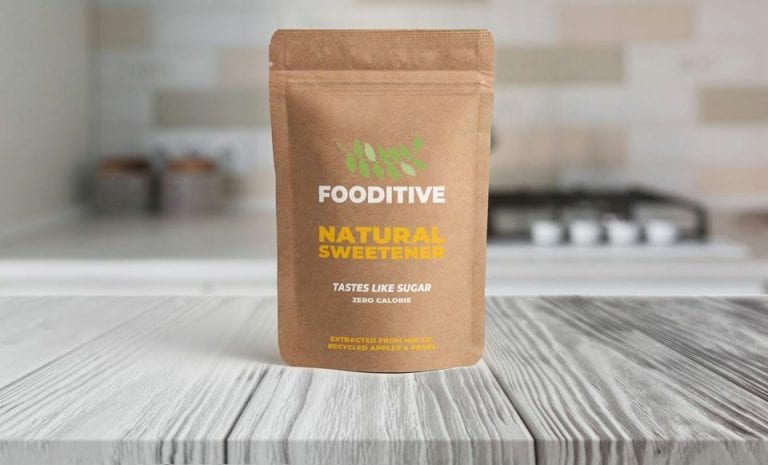
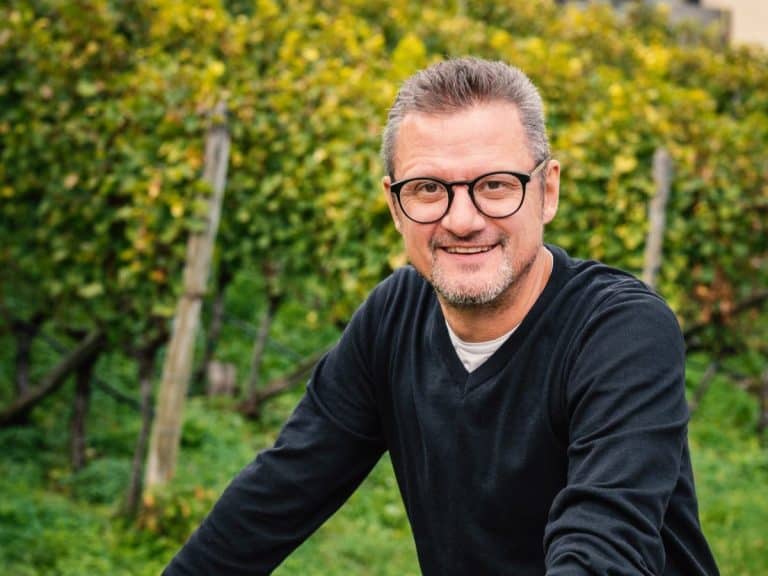 Non-alcoholic wines? Call them what you want, but they’re still a derivative of wine.” An Interview with Martin Foradori
Non-alcoholic wines? Call them what you want, but they’re still a derivative of wine.” An Interview with Martin Foradori The 8 best Trentodoc wines chosen by Gambero Rosso
The 8 best Trentodoc wines chosen by Gambero Rosso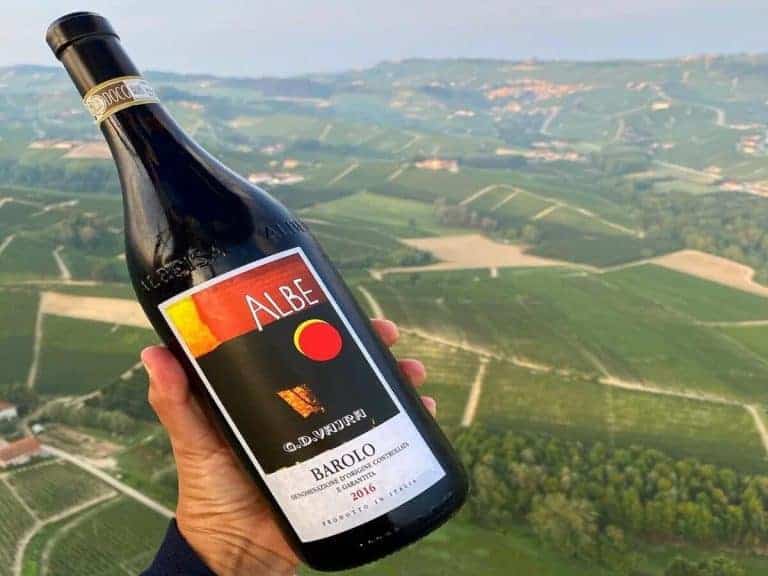 A Piedmont wine enters the top ten of Wine Spectator's "Top 100"
A Piedmont wine enters the top ten of Wine Spectator's "Top 100" Sparkling wines surpass still wines in Italian out-of-home consumption. Most popular during the aperitif
Sparkling wines surpass still wines in Italian out-of-home consumption. Most popular during the aperitif American Barbecue wins a Michelin star for the first time in history
American Barbecue wins a Michelin star for the first time in history